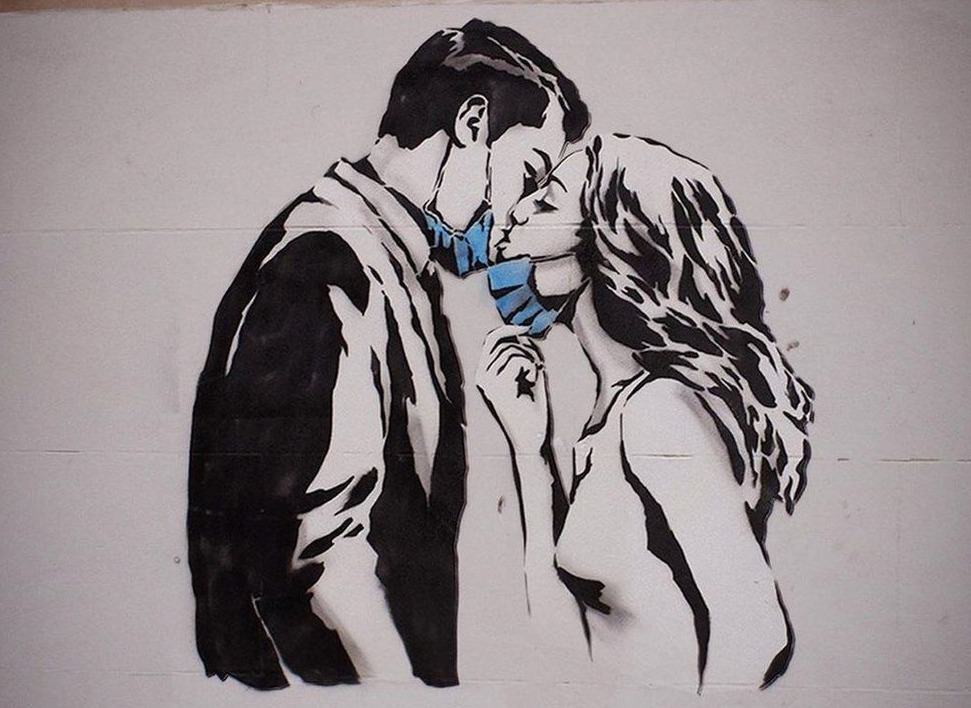
This article is a preview from the autumn 2020 edition of New Humanist
There is one comparison emerging for the unfolding economic impact of the Covid-19 shutdown. It is the recession of 1981 – fall-out not from a pandemic, but from a deliberate economic policy to overhaul “unproductive” traditional industries. I remember my father coming home from work distraught, to a degree I’d never seen before or since. He ran a catering supply company for restaurants. Every time there was an economic downturn, restaurants felt it first and hardest. And no recession ever hit harder than that of 1981.
Until this one.
ITV’s News at Ten did a weekly Friday-night tally of net job losses and gains with a graphic map. The losses always dwarfed new ones, often by thousands. They were almost always in manufacturing and heavy industry jobs – factories, shipyards, newspaper presses, collieries. No TV broadcaster tallies the job cuts now. And yet the numbers are just as big. Tens of thousands in retail collapses, airline and airport services. Can we call it déjà vu when the jobs disappearing now were then considered the future?
In 1981, the nature of these new employers hinted at a transformation in how we lived and what we consumed: video disc and computer manufacturing, out-of-town superstores and new conference and shopping centres. Over the course of that decade, the transformation of the UK into a nation of retail and service industries became complete. Many of these jobs, especially in retail, went to women. Covid-19 has exposed the ultimate precariousness of that changeover. Many manufacturing jobs moved to places where it is even cheaper and less monitored for worker exploitation; Leicester, as much as Bangladesh. Women became the workers of choice, and are now enduring the worst economic hit from Covid-19.
The strange thing about comparing the current moment with the 1980s is realising how strong the post-war welfare net was, as well as state- and local authority-subsidised art and culture. So much of the assured Cool Britannia reputation of 1990s Britain grew out of it. “Alternative” comedians, sitcoms like The Young Ones, dramas such as Auf Wiedersehen Pet, films such as Pink Floyd’s The Wall; Channel 4’s new experimental programming and filmmaking, such as Letter to Brezhnev, theatre’s daring new works and companies, from Steven Berkoff’s Decadence to Bernadine Evaristo’s Theatre of Black Women, and the Asian Women Writers’ Collective, which nurtured a new generation of novelists and poets. Musicians and actors were able to live off the dole and experiment with free higher education, like art-school graduate Jarvis Cocker of Pulp. Or they could secure the £40-a-week enterprise allowance scheme, introduced in 1981, to set up their own small business; a scheme utilised by Creation Records’ Alan McGee, and artists Jeremy Deller and Tracey Emin.
Even before the pandemic destroyed the economics of the arts sector by closing all theatres and live venues, the “austerity” invention of Universal Credit proved to be a fundamental break with the idea of a safety net. Coupled with the new normal of the gig economy and zero-hours contracts, it has made work in the creative industries a luxury, not a legitimate choice.
A test case proved it. Like most actors, Charmaine Parking is self-employed. She also happens to be a single mother. In September 2019, she challenged the Department for Work and Pensions in the High Court for cutting her benefits, due to an assumption that she always earned the minimum wage, rather than responding to the fluctuating reality of her earnings as an actor with caring responsibilities. It meant she was worse off than if she were unemployed. Despite being backed by her union Equity, she lost the case.
The implication was that she should be taking any job or be seen to be applying for any work, to earn her benefits, rather than expect to be able to go to auditions to continue in her actual proven career for which she had trained, and paid thousands of pounds in tuition fees. “I thought Universal Credit could give me financial stability, help me to budget and settle in,” she said at the time of the case. “I was very wrong.”
What kind of art and culture will emerge out of this time? What kind of jobs? No one who remembers the 1980s could be nostalgic for the destruction that was wrought. But to compare then and now is to realise how many of the state’s protections have been dismantled. And for the young, who are offered higher education only through debt, it is hard to see a future.

